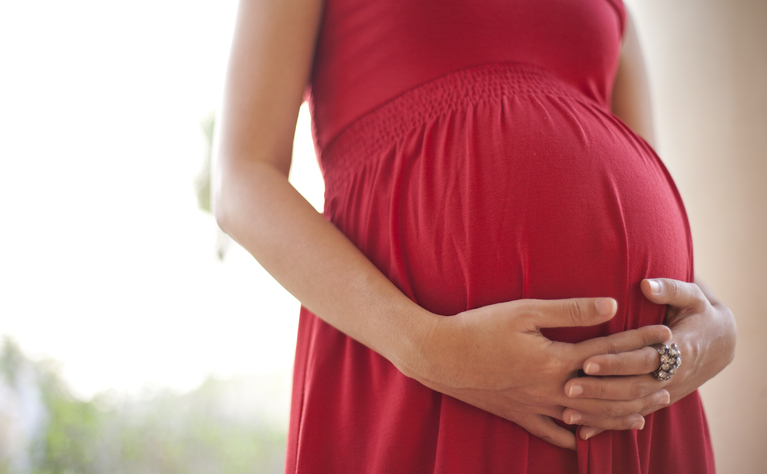If you have inflammatory bowel disease (IBD) you may be concerned about whether it affects your fertility or ability to have a baby. In this article we take a look...
Many people with inflammatory bowel diseases (IBD) such as Crohn's disesae and ulcerative colitis - including those who are living with a stoma or have had other surgery - go on to successfully have a family. But, you may find that your IBD - or the treatments you are having for it - present you with some challenges along the way.
It’s a good idea to learn about how IBD might affect your family plans - for both men and women with IBD in advance of getting pregnant.
Before attempting to conceive it is advised for women to try to get their IBD under control and, ideally, in remission. If your IBD is active you may find it more difficult to get pregnant (more so in Crohn's disease1 than ulcerative colitis). Many doctors advise not to try to conceive during a flare as, if you fall pregnant, your IBD is likely to remain active throughout your pregnancy and this can cause problems such as premature birth, lower birth weight and, occasionally, miscarriage.
There are a few circumstances which may affect the fertility of both men and women with IBD. These include:
It’s important to remember that if you are having fertility issues these may be due to reasons outside of your IBD. If you have any concerns speak to your doctor.

For most women with IBD the course of their pregnancy and birth is no different to the rest of the non-IBD population. Women who conceive when their IBD is under control and can keep their IBD under control during their pregnancy generally have a pregnancy similar to women who don’t have IBD. Many medications used by people with IBD are safe to use during pregnancy, but discuss with your doctor before getting pregnant.
However, some women experience some difficulties and complications as a result of their IBD. These can include:
Yes, most people with IBD can go on to have a vaginal delivery. In some cases a cesarean may be recommended. This will be discussed with you during your pregnancy.
The majority of women with IBD who give birth go on to have healthy babies. Research suggests there is a slight risk that parents with IBD will have a child with IBD, but it is not inevitable.
Some medications - taken by either the mother or father (at conception) - can cause birth defects. Before getting pregnant you should discuss with your doctor about the medication you or the father are taking and the possible effects they may have on your baby.
It’s important to remember that there are many reasons outside of IBD which may affect the health of a newborn baby.

